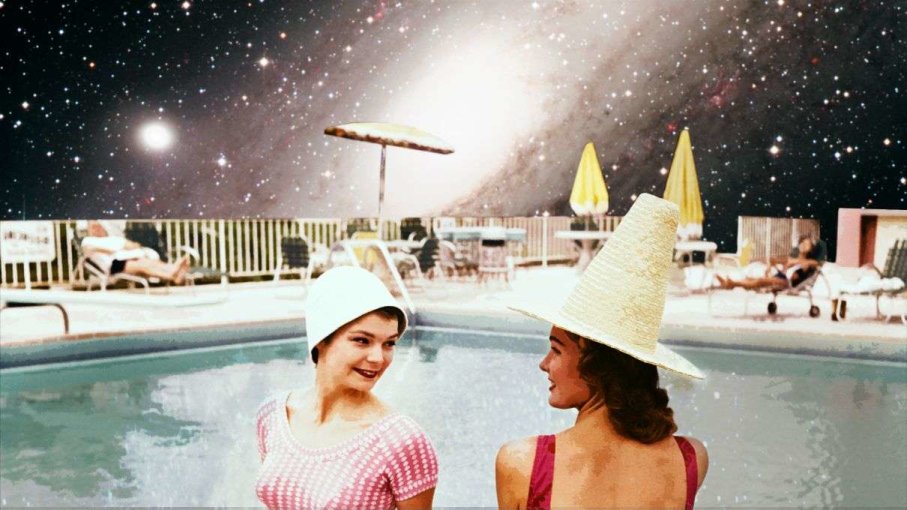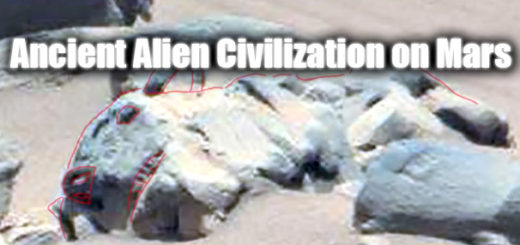A Portion of Your Suntan Comes From Distant Galaxies

When we go to the beach, maybe we sit under umbrellas. We wear sunscreen. After all, we’ve been burned before, literally.
Being outside on a clear day involves being relentlessly bombarded with photons, the tiny packages of energy that power this planet. These little bombs smash into our skin, resulting in a suntan or sunburn. About about one sextillion of the photons — that’s one followed by 21 zeroes, or 1,000,000,000,000,000,000,000 — that pelt a sunbather each second are sent here from our nearest star. But according to a new paper in the Astrophysical Journal, not all that tan you got this summer can be attributed to the sun — you’ve got to look beyond our galaxy for the rest.
Researchers from the International Centre for Radio Astronomy Research (ICRAR) have accurately measured the “extra-galactic background light” hitting our planet 24 hours a day, seven days a week. They measured photons from a wide range of wavelengths, varying from the very short ones that you’re going to want protect your skin against, to the long wavelength photons you don’t need to worry your pretty head about. They found that any time we’re outside, we’re being hit with about 10 billion short-wave intergalactic photons per second — including 5 billion photons per second that come from black holes! This means around one ten-trillionth of your summer glow comes from galaxies outside our own.
“These photons are minted in the cores of stars in distant galaxies, and from matter as it spirals into supermassive black holes,” says study author and ICRAR astrophysicist Simon Driver, in a press release.
The research team measured this extra-galactic radiation using combined data from an international network of space telescopes, including the Hubble and Spitzer space telescopes and NASA’s Galaxy Evolution Explorer and Wide-field Infrared Survey Explorer.
But according to Professor Rogier Windhorst of Arizona State University’s School of Earth and Space Exploration, we don’t need to add space sunburn to the list of things to worry about. The dust from galaxies all over the universe cuts the ultraviolet light coming from distant heavenly bodies in half.
“The galaxies themselves provide us with a natural suntan lotion with an SPF of about two,” he says.



 Creators of mankind
Creators of mankind Description of “Tall white aliens”
Description of “Tall white aliens” Where they came from?
Where they came from? About hostile civilizations
About hostile civilizations The war for the Earth
The war for the Earth “Tall white aliens” about eternal life
“Tall white aliens” about eternal life Video: “Nordic aliens”
Video: “Nordic aliens” Aliens
Aliens Alien encounters
Alien encounters The aliens base
The aliens base UFO
UFO Technology UFO
Technology UFO Underground civilization
Underground civilization Ancient alien artifacts
Ancient alien artifacts Military and UFO
Military and UFO Mysteries and hypotheses
Mysteries and hypotheses Scientific facts
Scientific facts


















